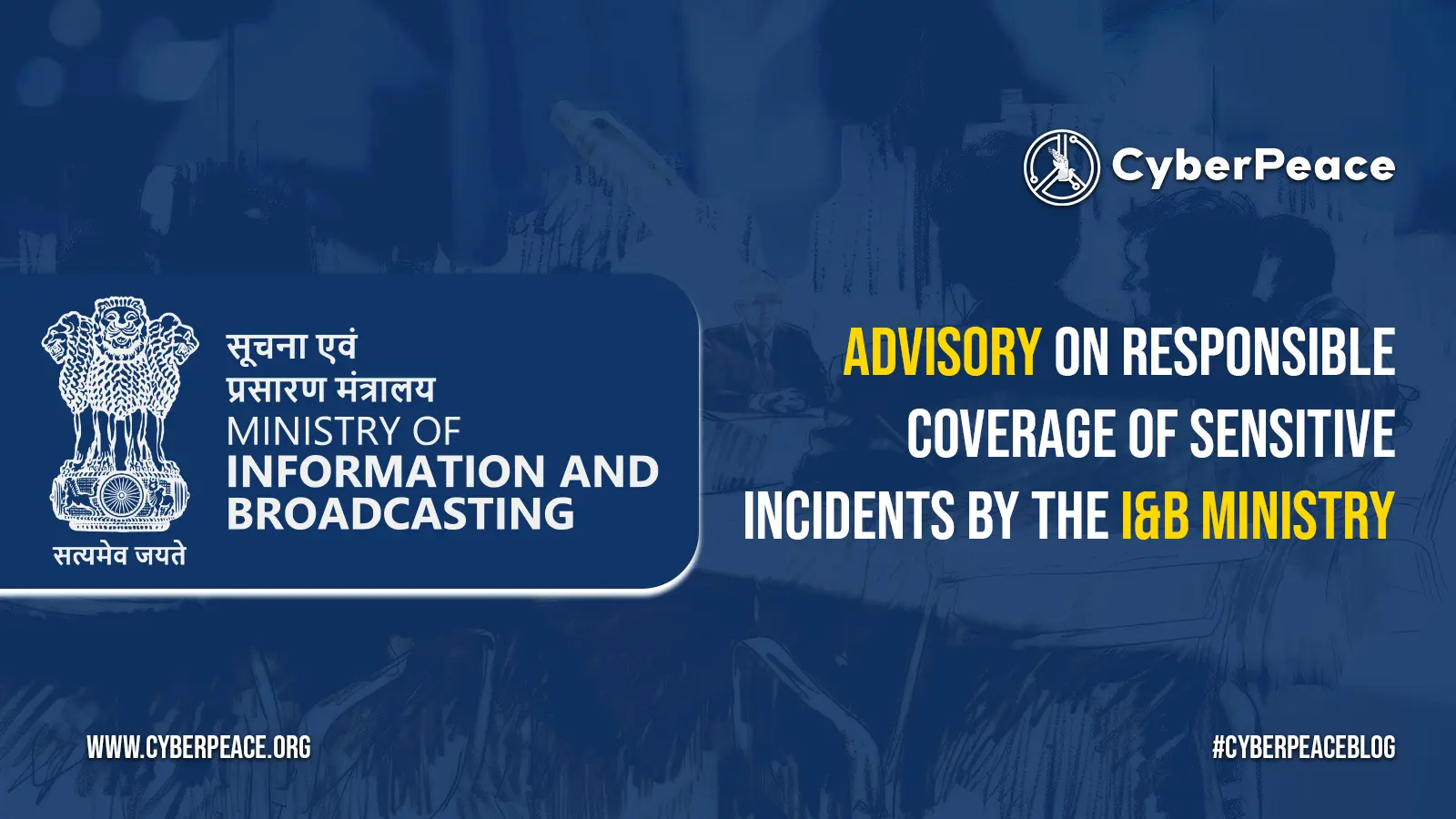Airline Threat Hoaxes: Preventing the Spread of Misinformation
Introduction
Targeting airlines and airports, airline hoax threats are fabricated alarms which intend to disrupt normal day-to-day activities and create panic among the public. Security of public settings is of utmost importance, making them a vulnerable target. The consequences of such threats include the financial loss incurred by parties concerned, increased security protocols to be followed immediately after and in preparation, flight delays and diversions, emergency landings and passenger inconvenience and emotional distress. The motivation behind such threats is malicious intent of varying degrees, breaching national security, integrity and safety. However, apart from the government, airline and social media authorities which already have certain measures in place to tackle such issues, the public, through responsible consumption and verified sharing has an equal role in preventing the spread of misinformation and panic regarding the same.
Hoax Airline Threats
The recent spate of bomb hoax threats to Indian airlines has witnessed false reports about threats to (over) 500 flights since 14/10/2024, the majority being traced to posts on social media handles which are either anonymous or unverified. Some recent incidents include a hoax threat on Air India's flights from Delhi to Mumbai via Indore which was posted on X, 30/10/2024 and a flight from Nepal (Kathmandu) to Delhi on November 2nd, 2024.
As per reports by the Indian Express, steps are being taken to address such incidents by tweaking the assessment criteria for threats (regarding bombs) and authorities such as the Bomb Threat Assessment Committees (BTAC) are being selective in categorising them as specific and non-specific. Some other consideration factors include whether a VIP is onboard and whether the threat has been posted from an anonymous account with a similar history.
CyberPeace Recommendations
- For Public
- Question sensational information: The public should scrutinise the information they’re consuming not only to keep themselves safe but also to be responsible to other citizens. Exercise caution before sharing alarming messages, posts and pieces of information
- Recognising credible sources: Rely only on trustworthy, verified sources when sharing information, especially when it comes to topics as serious as airline safety.
- Avoiding Reactionary Sharing: Sharing in a state of panic can contribute to the chaos created upon receiving unverified news, hence, it is suggested to refrain from reactionary sharing.
- For the Authorities & Agencies
- After a series of hoax bomb threats, the Government of India has issued an advisory to social media platforms calling for them to make efforts for the removal of such malicious content. Adherence to obligations such as the prompt removal of harmful content or disabling access to such unlawful information has been specified under the IT Rules, 2021. They are also obligated under the Bhartiya Nagarik Suraksha Sanhita 2023 to report certain offences on their platform. The Ministry of Civil Aviation’s action plan consists of plans regarding hoax bomb threats being labelled as a cognisable offence, and attracting a no-flyers list as a penalty, among other things.
These plans also include steps such as :
- Introduction of other corrective measures that are to be taken against bad actors (similar to having a non-flyers list).
- Introduction of a reporting mechanism which is specific to such threats.
- Focus on promoting awareness, digital literacy and critical thinking, fact-checking resources as well as encouraging the public to report such hoaxes
Conclusion
Preventing the spread of airline threat hoaxes is a collective responsibility which involves public engagement and ownership to strengthen safety measures and build upon the trust in the overall safety ecosystem (here; airline agencies, government authorities and the public). As the government and agencies take measures to prevent such instances, the public should continue to share information only from and on verified and trusted portals. It is encouraged that the public must remain vigilant and responsible while consuming and sharing information.
References
- https://indianexpress.com/article/business/flight-bomb-threats-assessment-criteria-serious-9646397/
- https://www.wionews.com/world/indian-airline-flight-bound-for-new-delhi-from-nepal-receives-hoax-bomb-threat-amid-rise-in-similar-incidents-772795
- https://www.newindianexpress.com/nation/2024/Oct/26/centre-cautions-social-media-platforms-to-tackle-misinformation-after-hoax-bomb-threat-to-multiple-airlines
- https://economictimes.indiatimes.com/industry/transportation/airlines-/-aviation/amid-rising-hoax-bomb-threats-to-indian-airlines-centre-issues-advisory-to-social-media-companies/articleshow/114624187.cms




.webp)
